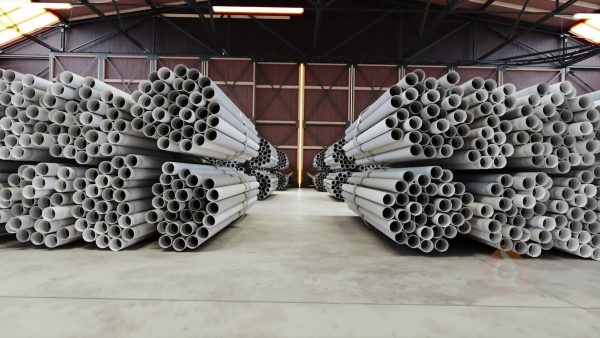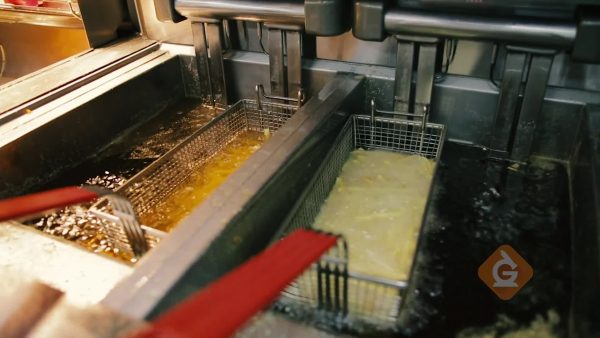
Synthetic materials are formed when humans deliberately mix substances together for the express purpose of creating new materials with desirable properties. Most synthetic materials are the result of chemical reactions during which the atomic structures of the original substances are rearranged to form the new material. Common examples of synthetic materials are plastics and fabrics such as nylon.
To better understand synthetic materials…
LET’S BREAK IT DOWN!
Natural Resources

Natural resources are useful raw materials that we get from the Earth. They occur naturally, which means that humans did not make them using a mixture or chemical reaction. Humans use natural resources to form new substances that will be beneficial to us.
Plastics

Plastics are synthetic materials that are very useful in our daily world. Plastics can be shaped when they are soft and formed into numerous different shapes that later harden. Humans have learned how to make plastics from a variety of substances, but the most common plastics today are made from fossil fuels like petroleum. Since World War II, the use of plastics has taken off in our country and in our world; you can find plastics almost everywhere.
Chemical Reactions

In a chemical reaction, the atoms in the starting substances interact with one another. This often results in the molecules from at least one of the original substances breaking apart, allowing the atoms to rearrange and join together differently. This creates new substances that are called products. The number of atoms of each type is the same before and after a reaction.
Biodiesel

Biodiesel is an alternative fuel similar to conventional or “fossil” diesel. It is formed from vegetable oils, animal fats, or cooking grease. Biodiesel fuel is considered to be considerably more environmentally friendly than its diesel fuel counterparts. One of the primary benefits of biodiesel fuels is the reduction of air pollution emissions released by the machines that are using it because of the cleaner, less toxic chemical composition.
Biochemists

Biochemists study the chemical reactions that occur in our body. They do so in order to add to our general understanding of these processes and to solve specific problems. Some biochemists are involved in the development of new drugs and medicines that can be used to treat such diseases as cancer or COVID-19. Other biochemists may study genetic disorders to determine if they lead to diseases, or they may conduct research outside of the field of medicine to create solutions for crop diseases or alternative fuel sources. Biochemists often work together in research teams to collaborate and seek solutions together.
SYNTHETIC MATERIALS VOCABULARY
SYNTHETIC MATERIALS DISCUSSION QUESTIONS
What are synthetic materials?
What are natural resources?
How are plastics formed?
Are synthetic materials useful?
Can synthetic materials cause problems for society?
Skip, I will use a 3 day free trial
Enjoy your free 30 days trial
We use cookies to make your experience with this site better. By using this site you agree to our use of cookies. Click "Decline" to delete and block any non-essential cookies for this site on this specific property, device, and browser. Please read our privacy policy for more information on the cookies we use.Learn More
We use cookies to improve your experience. By using this site, you agree to our use of cookies. Click "Decline" to block non-essential cookies. See our privacy policy for details.Learn More






